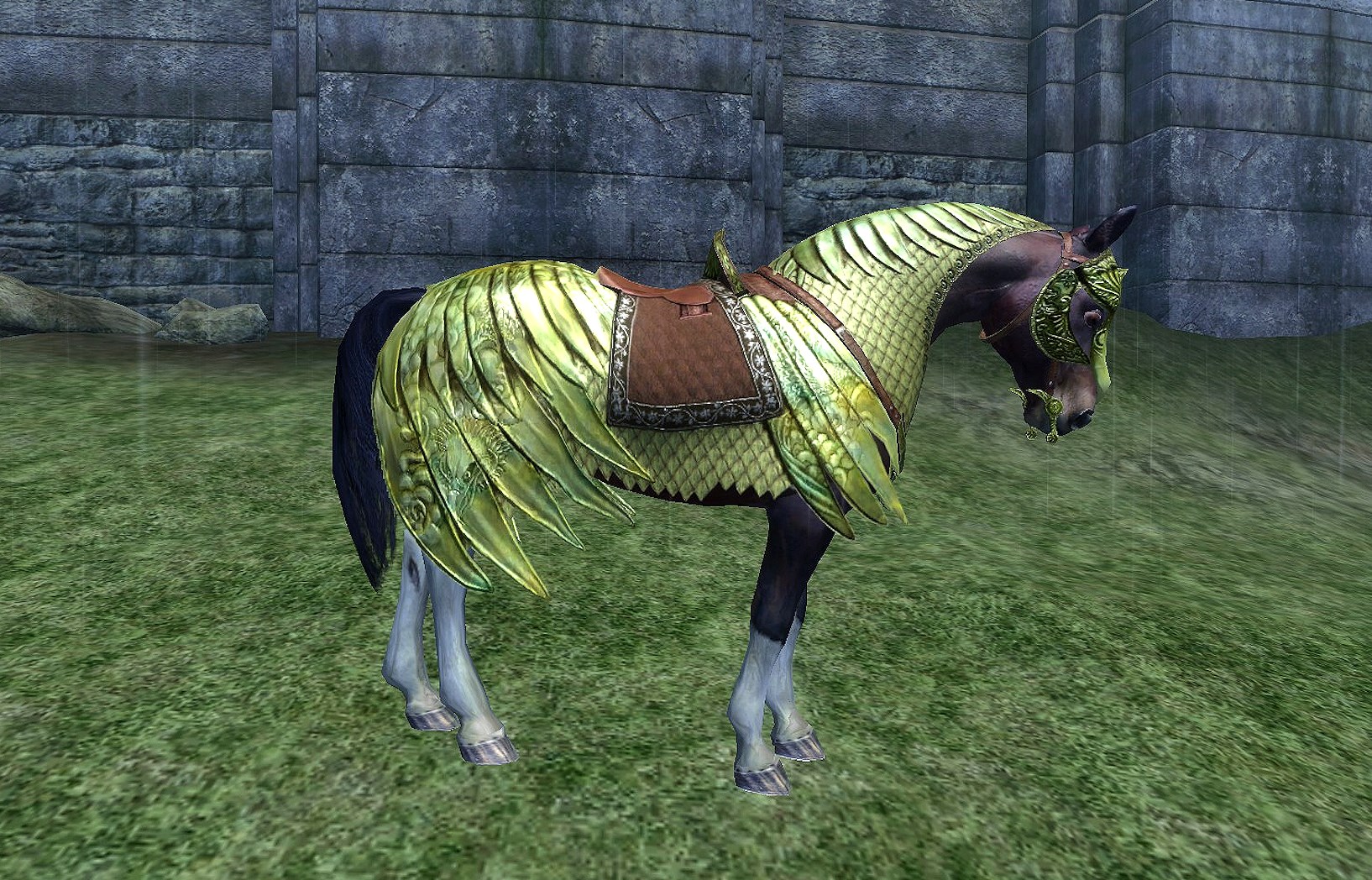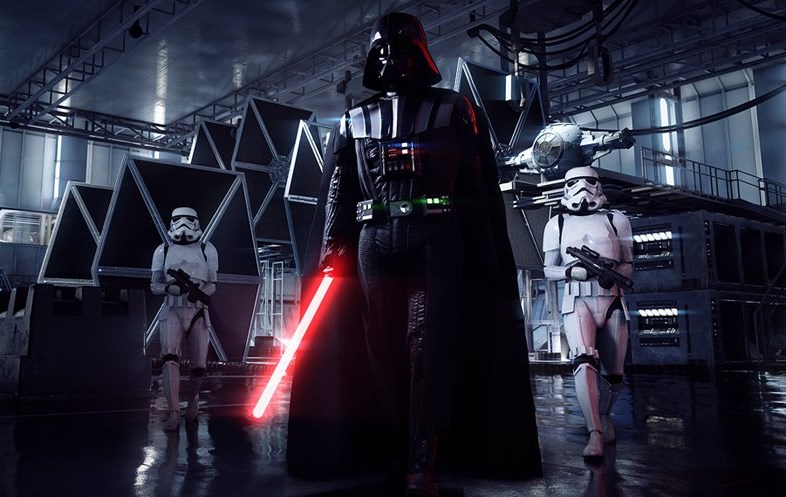The worst marketing misfires and PR moves in PC gaming (and a pair of console flubs, too)
Remember Daikatana? How about horse armor? Sometimes, despite everyone's best efforts, it all goes terribly wrong.
Horse armor - The world's most infamous cosmetic (which you can still buy)

Before nickel-and-dime DLC was a routine part of the gaming life, there was Horse Armor, a $2.50 outfit for your mighty steed in Bethesda’s open-world RPG The Elder Scrolls IV: Oblivion. The steep price for a simple cosmetic did not go over well, particularly since you couldn't even use it to flaunt your affluence and/or financial irresponsibility in front of your friends, enemies, and indifferent strangers: Oblivion is strictly single-player, so the only person who would ever see your horse in her fancy new outfit was you.
To its credit, Bethesda did a good job of owning the error—eventually. Its 2009 April Fool's gag (Oblivion was released in 2006) included a half-price sale on all Oblivion DLC except Horse Armor, which was actually doubled in cost. More recently, it added Horse Power Armor to Fallout 4 via the Bethesda Creation Club. But it also never stopped selling horse armor, and it still goes for $2.50. There’s probably a lesson in that.
Mass Effect Andromeda - My face is tired
The point of demos and early access availability is to get people interested in your game: They try it, they like it, they tell their friends, everybody preorders, and it's happy faces all around. Mass Effect: Andromeda is a case study in doing it wrong, wrong, oh-so-awfully wrong. Origin Access subscribers got a one-week head start on the journey to another galaxy, and almost immediately began dunking on it: It wasn't exactly broken but it sure as hell wasn't right (well, okay, some of it was broken), and the legion of memes it spawned—including one courtesy of our very own Tyler Wilde—was the last thing BioWare and EA needed, especially since fans were already uneasy about the state of the game and its ugly, tired faces. Glitchy visuals weren’t Andromeda’s only problem, but they set a pre-release tone that the game was never able to overcome.
Battlefront 2 loot boxes - The microtransactions heard ‘round the world

An exclusive licensing deal to make Star Wars videogames in a post-Lucas world should have been a golden goose for EA. Instead, after setting a promising pace with a rejuvenated Star Wars: Battlefront, it set the game industry on fire with Star Wars: Battlefront 2—and not in a good way. The planned implementation of loot boxes and premium currency outraged fans and forced a days-before-release walkback, which was bad enough on its own. But it also attracted the attention of politicians around the world, leading to multiple inquiries and threats of legal action reminiscent of the videogame violence moral panic of the early '90s. Many gamers also very vocally took up the cause, seeing the legislative pushback as an opportunity to force real change on the industry.
The reaction from publishers was somewhat less than graceful. Electronic Arts CEO Andrew Wilson reiterated the company’s (and industry’s) position in an earnings call that loot boxes are not gambling and said that it would "push forward" with them in future games no matter what people think. Executives from other companies said much the same. But some sort of compromise in the way loot boxes work was inevitable: Belgium's Gaming Commission declared that three out of four popular games from EA, Activision, and Valve (FIFA 18, Overwatch, and CS:GO) contain loot boxes that contravene the country's gambling laws and warned that hefty fines or even prison sentences could be applied if they’re not changed or removed. Ironically, the one game that was found to fall within the boundaries of the law is the one that started this whole damn mess in the first place: Star Wars: Battlefront 2.
And because our console cousins deserve some love too, we've got a pair of honorable mentions ahead...
The biggest gaming news, reviews and hardware deals
Keep up to date with the most important stories and the best deals, as picked by the PC Gamer team.

Andy has been gaming on PCs from the very beginning, starting as a youngster with text adventures and primitive action games on a cassette-based TRS80. From there he graduated to the glory days of Sierra Online adventures and Microprose sims, ran a local BBS, learned how to build PCs, and developed a longstanding love of RPGs, immersive sims, and shooters. He began writing videogame news in 2007 for The Escapist and somehow managed to avoid getting fired until 2014, when he joined the storied ranks of PC Gamer. He covers all aspects of the industry, from new game announcements and patch notes to legal disputes, Twitch beefs, esports, and Henry Cavill. Lots of Henry Cavill.

